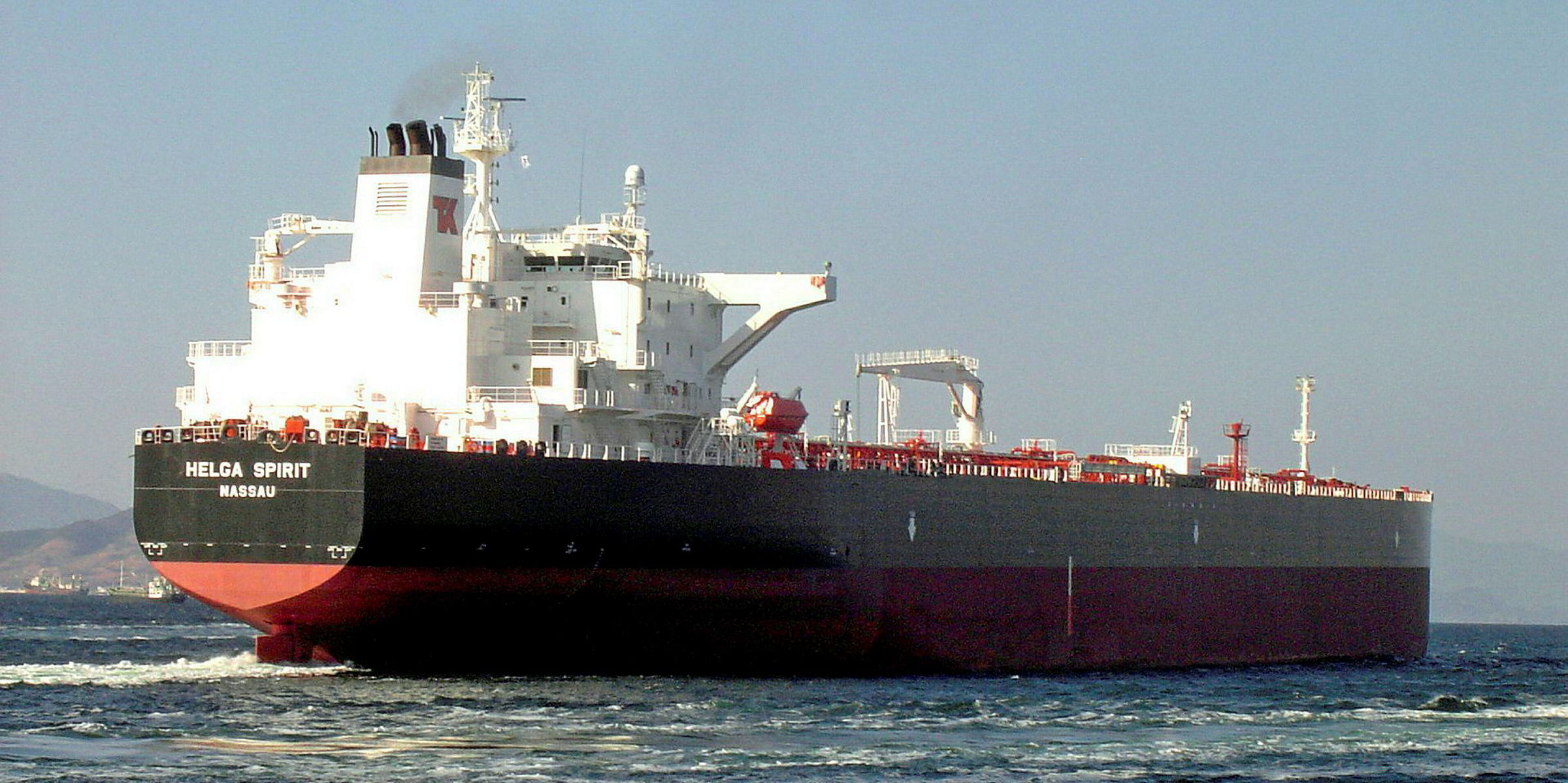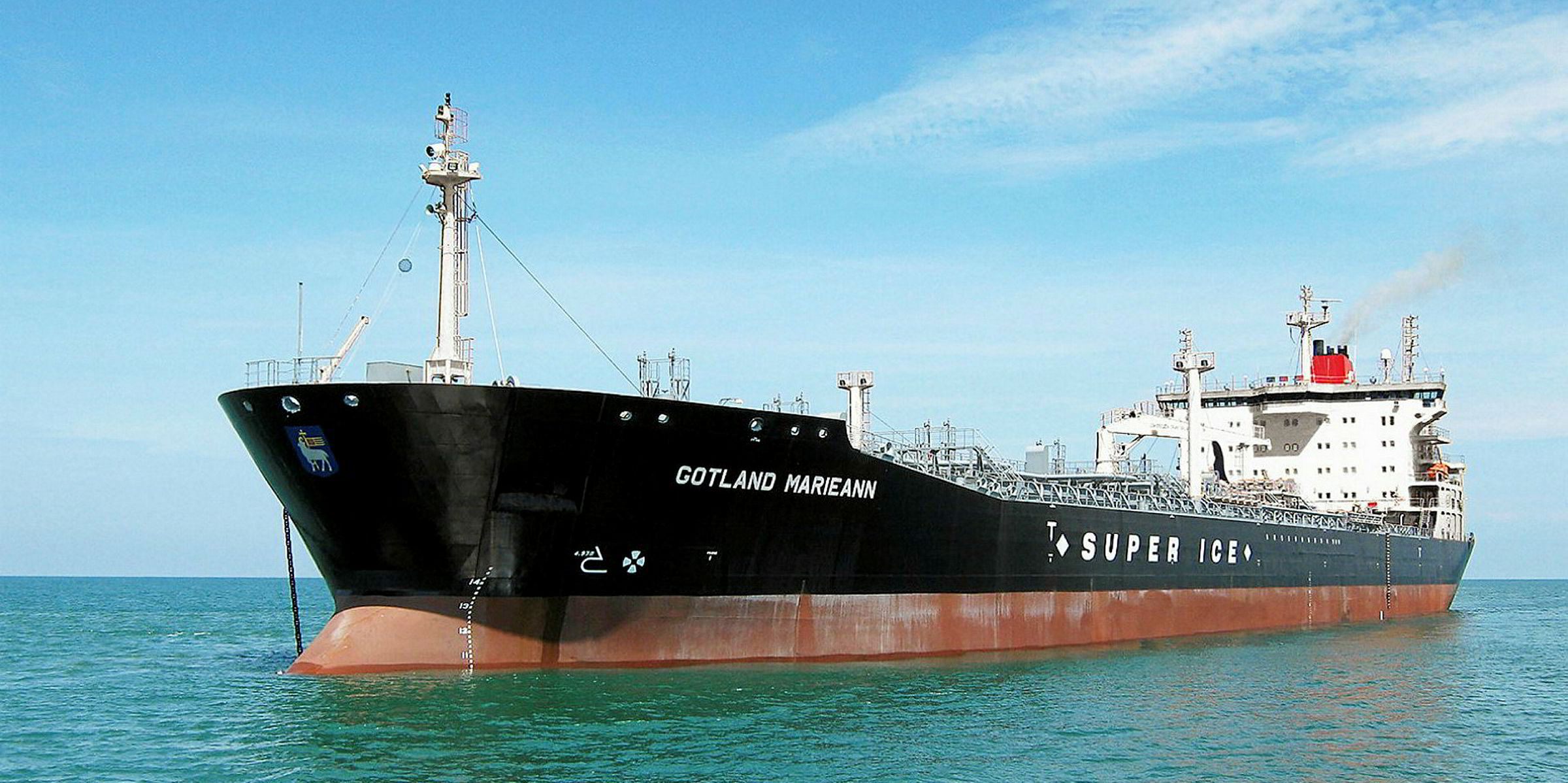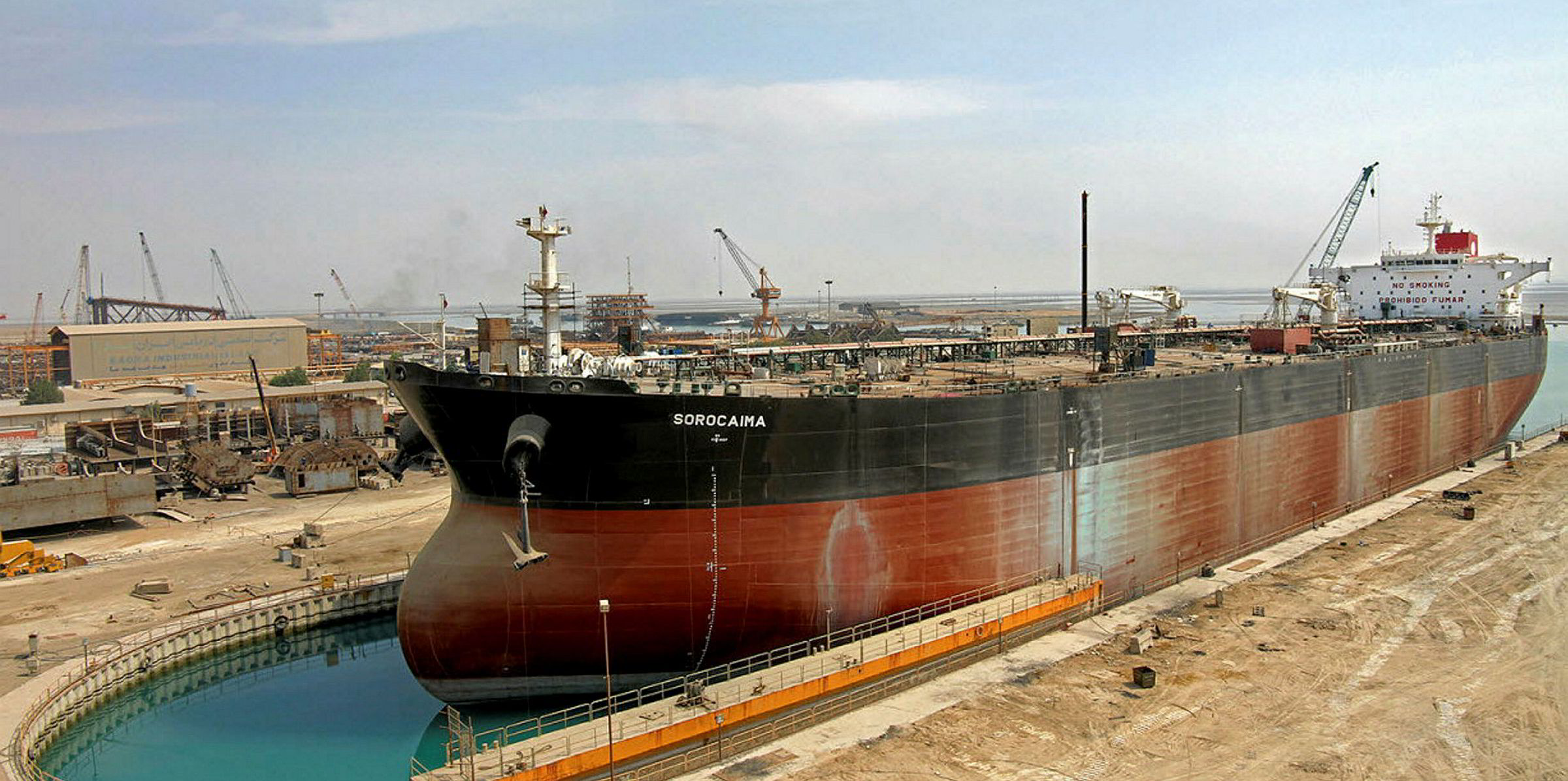Caribbean crude tanker earnings have faced downward pressure from rising tonnage supply as many shipowners shy away from trading in US sanctions-hit Venezuela.
On the Baltic Exchange, time-charter equivalent rates for aframaxes on the Caribbean-US Gulf trade dropped to about $15,600 per day earlier this week, down from $32,200 per day on 29 January.
Hire of panamax tankers on a similar route fell to $26,700 per day from $34,400 per day during the same period.
The deterioration has come as uncertainty over Venezuela exacerbates existing vessel demand weakness in the Caribbean, according to Banchero Costa.
Up until Washington announced sweeping sanctions on state-owned Petroleos de Venezuela SA (PDVSA) in late January, the US-Venezuela tanker trades had been booming.
Industry estimates show the US imported more than 500,000 barrels per day of crude from Opec members last year — a majority of which was carried by aframaxes.
However, to drive out Venezuelan President Nicolas Maduro, the White House has imposed sanctions on PDVSA in what many analysts say would effectively amount to an oil embargo.
Blocked accounts
While US entities can theoretically continue purchases of Venezuelan crude until late April, their payments will have to be deposited into blocked accounts in the US — a move unlikely to be accepted by PDVSA.
The halt of the US-Venezuela crude trade is expected to create a tonnage surplus in the region, even if just temporarily, as shipowners seek employment opportunities elsewhere.
“The absence of a key load… region would certainly hurt things in the near term,” a US-based broker said.
On paper, owners can choose to charter their ships to those who trade with PDVSA, sidestepping the risk of sanctions by avoiding direct dealings with sanctioned entities. But operational risks, as well as legal issues that could emerge later as the sanctions evolve, are still deterring most tanker companies.
“Quite a few owners are avoiding Venezuela,” a European broker said. “All in all, not an easy sell.”





